A Patna-born filmmaker discusses relaunching his Bihari restaurant five years after he folded up, and why he thinks regional cuisine's time has come
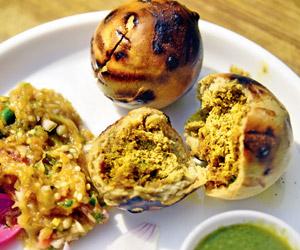
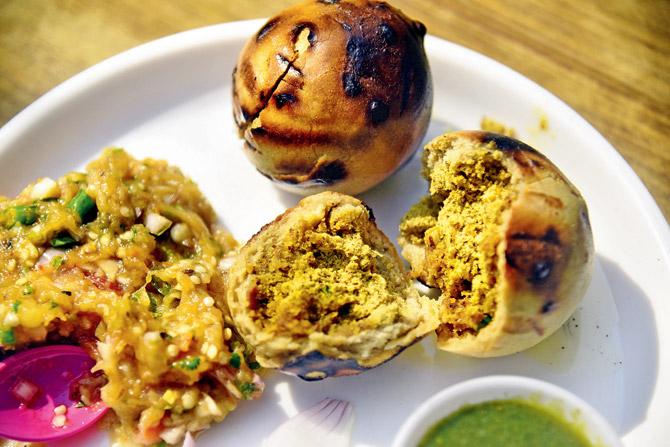
Litti chokha. Pics/Sameer Markande
ADVERTISEMENT
Walk into Litti Express, a 30-seater Bihari restaurant near Millat Nagar in Andheri West, and you're likely to find Ashish Parashar ready to warmly greet you. The pleasantries are often followed by a lucid introduction to the cuisine, because "most customers are driven by curiosity". This is the Patna-born filmmaker's second attempt at introducing Bihari cuisine to Mumbai. The last time around, he shut shop within a year, unable to break even. He is now ready to take a second shot. Aside from the eatery, he has also launched a Bihari delivery kitchen last month. "I'm not just ready, I'm going full throttle," he laughs.
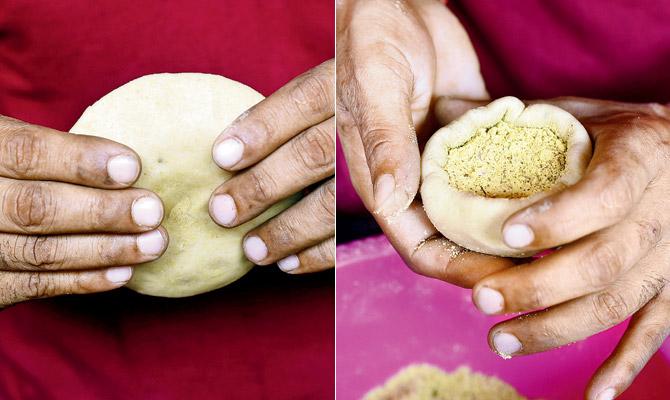
More than litti
As we chat, Parashar's six chefs, all native of villages of Uttar Pradesh, are busy preparing chokha, Bihar's answer to baingan ka bharta. "It's a winter dish made in Bihar, Uttar Pradesh and Jharkand. Though the Punjabi and Bihari varieties are made with roasted brinjal, the latter has a more rustic flavour to it," he says. Here, the aubergine and tomato are grilled on charcoal until the skin is charred, and then cooked in mustard oil with spices. The chokha served with litti, and the Champaran mutton, a heavy-duty meat gravy cooked with black pepper, are his top -selling dishes. All of this is possible when dishes are prepared by local chefs. But convincing his staff to move to Mumbai was far from easy. "The last time, some chefs left and never returned. It's one of the reasons my business suffered," Parashar recalls. This time, he has offered them accommodation and is personally supervising operations too since language is a problem. Most of them speak Bhojpuri and Maithili.

While his earlier menu had close to 80 dishes, including Chinese and Punjabi, this time he has chosen to focus on authentic Bihari cuisine that goes beyond litti.
The Bihari rehu fish thali uses a masala with a unique combination of cumin, coriander, black pepper and mustard. There's also the ghugni, a peas potato gravy, served mostly with puri, and popular in Eastern India. The sattu sharbat is perfect for Mumbai's summers, made with roasted gram flour, black chickpea flour and jaggery. "It's filling and full of nutrients, but needs getting used to," he says. It's the reason why he has also introduced a savoury version.

In the nine months that he has been running operations, he has built a relationship with customers with roots in UP and Bihar. "Among the others, I see an initial reluctance to try out new dishes, but once they sample it, they are hooked."
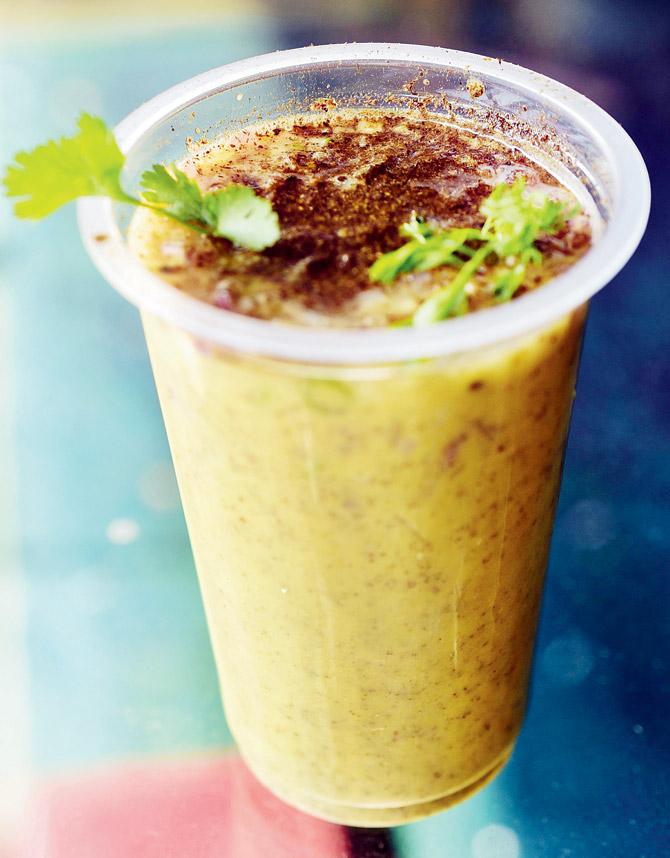
Second time lucky?
After folding up the restaurant five years ago, Parashar dived full time into filmmaking. But he'd receive the odd request from a loyal customer to rethink his decision. On the set of an ad film, celebrity Chef Vikas Khanna, knowing Parashar hailed from Patna, said, "Ashish yaar, litti khila na". Parashar recalls, "He had no idea that I once owned a restaurant or that I was mulling on returning. That was a sign!" Last Sunday, the restaurant witnessed one of its busiest days when he organised the Makar Mithila festival. Also called Tila Sankranti in Maithili-speaking areas, and Khichadi by Bhojpuri speakers, the festival represents Capricorn, the tenth sign in the Zodiac. "It is celebrated on the first day of the month of Magh (mid-January) and falls on the coldest day of the year. The people of Mithila celebrate it in anticipation of beautiful and sunny days," he says. He also collaborated with Vibha Rani, a city-based writer and folk singer, native to north-eastern Bihar, for an evening of Gaali Geet.
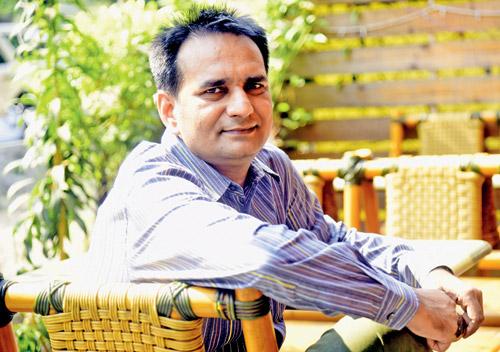
Ashish Parashar
"They can be called teasing songs. They are not abusive. They form a part of the oral tradition of Mithila." For now, Parashar is focussed on taking his food to non-Biharis. And it hasn't been easy. Threats from the far right are common. Parashar has dealt with it by inviting them over for a meal.
 Subscribe today by clicking the link and stay updated with the latest news!" Click here!
Subscribe today by clicking the link and stay updated with the latest news!" Click here!






